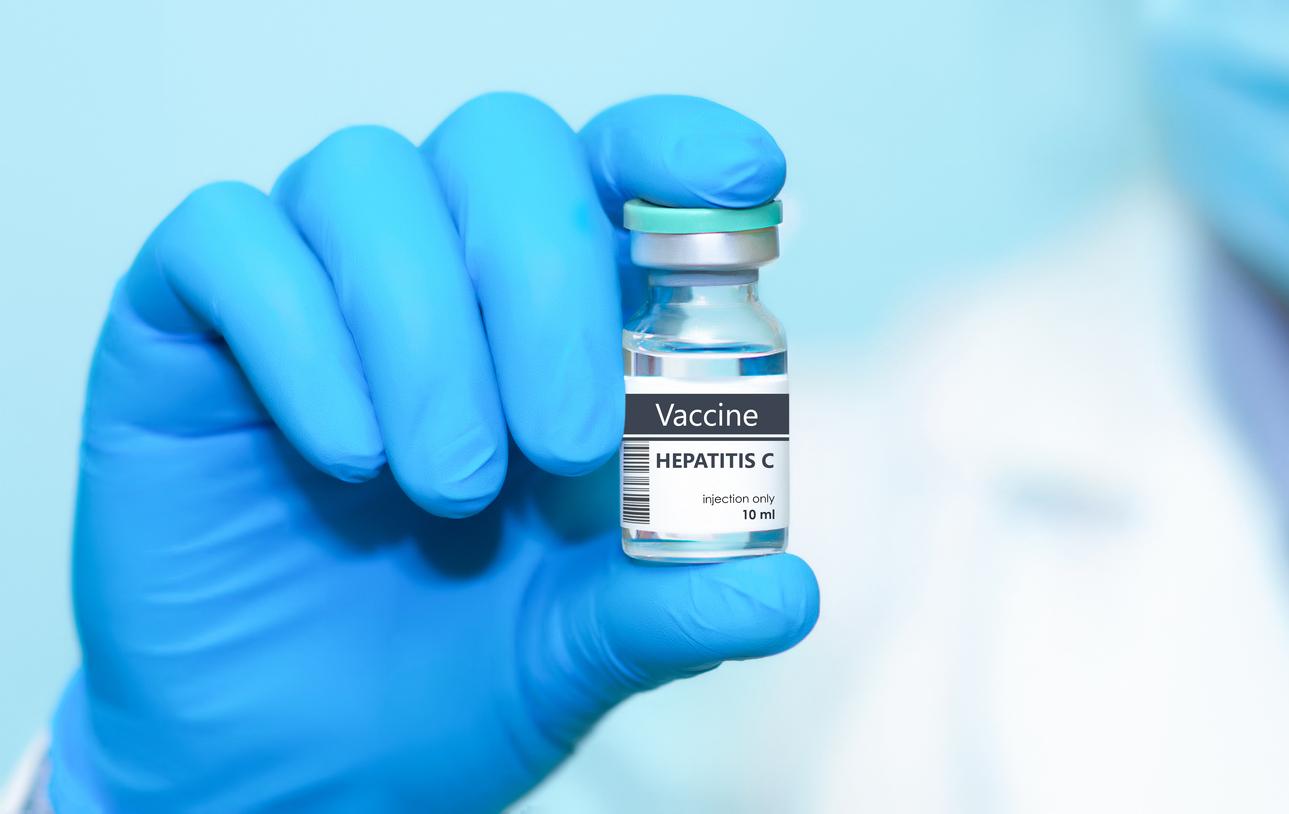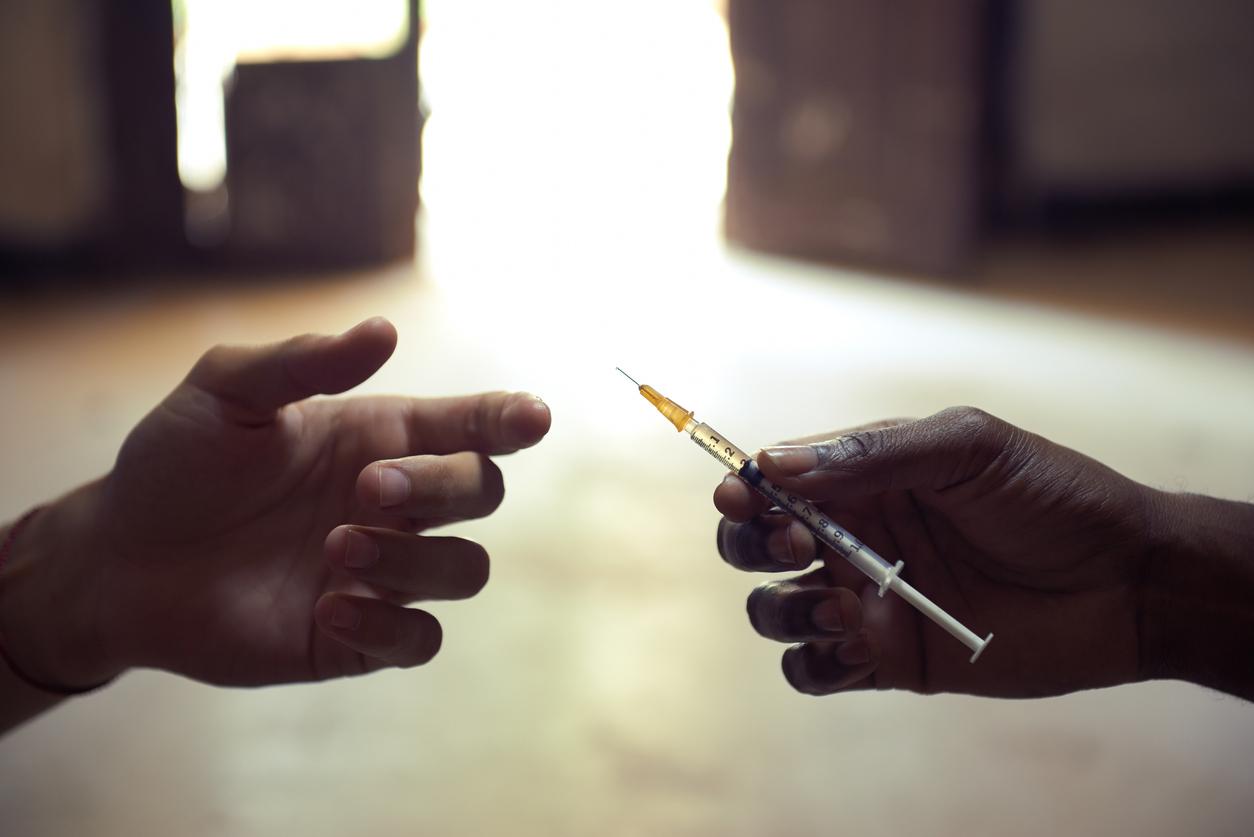Denouncing discrimination, the National AIDS Council demands, in turn, access for all to new treatments for hepatitis C.

New treatments for hepatitis C are expensive. Too much for Health Insurance, which restricts the indications. After associations and doctors, the National AIDS and Viral Hepatitis Council (CNS) takes hold of the file. Like them, he denounces “discrimination between patients which is not ethically acceptable”. Ahead of World Viral Hepatitis Day, which is held on May 25, the institution recalls the key role that these treatments could play in the fight against these infections.
90% cure
This is not the first time that the CNS has launched a charge against the policies of the French authorities. Already in December 2015, he sent a letter to the ministers in charge of Health and Finance. He expressed his concern about the limited management of patients with hepatitis C. At the heart of his concerns: new direct-acting antivirals (NAAD), which are reserved for patients in the most advanced stages.
However, expert recommendations have broadened the indications for access to NAADs. They advocate access to all people infected with the hepatitis C virus (HCV). It must be said that the effectiveness of these treatments is undeniable: more than 90% of patients achieve recovery within a few weeks. The drugs, also well tolerated, make it possible in addition to avoid complications of the disease such as cirrhosis or carcinoma of the liver.

“An unprecedented case”
Direct-acting antivirals could therefore potentially greatly reduce the incidence of the virus, or even eradicate it. This is what the CNS hopes for, and this is also what the last Weekly Epidemiological Bulletin advanced.
But these drugs are expensive. Sofosbuvir (Sovaldi) represents 46,000 euros for 12 weeks of treatment. This is why their access is restricted. “The current access limitations, beyond the loss of opportunity they represent for the people concerned, are contradictory with public policies to strengthen HCV screening”, deplores the CNS, which sees it as an “unprecedented case. “. Patient associations are calling for the opening of the generic market.
.

















